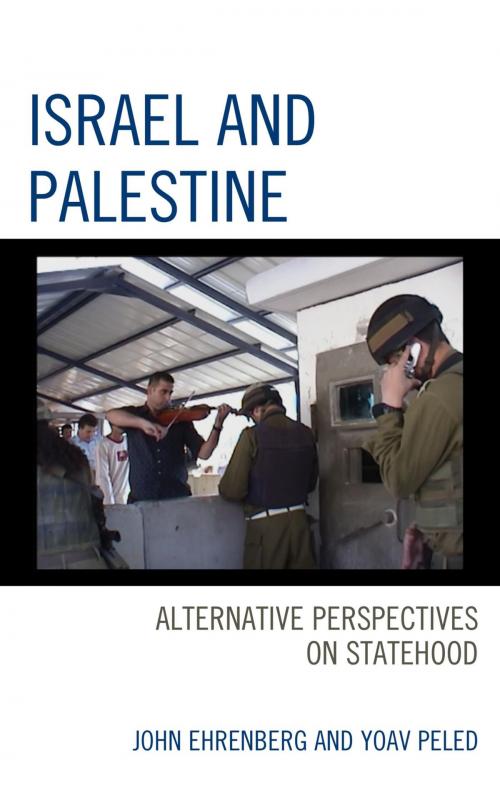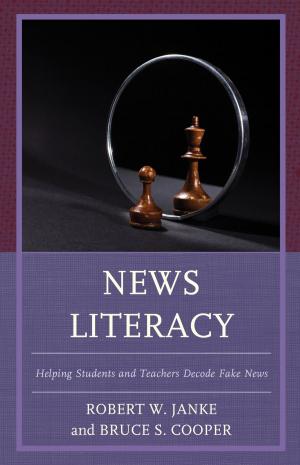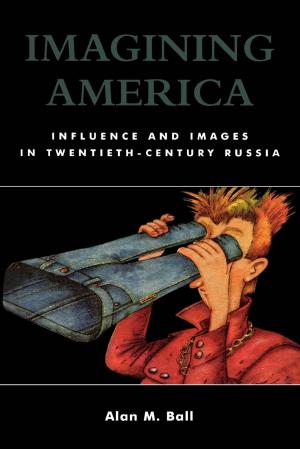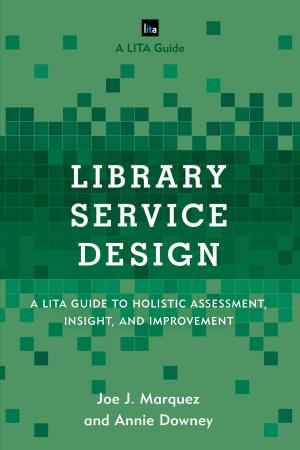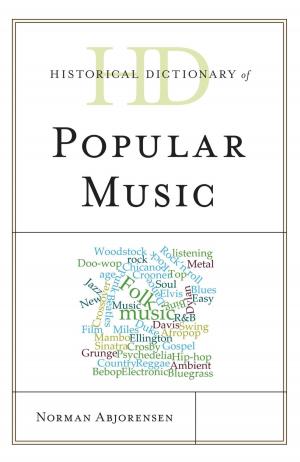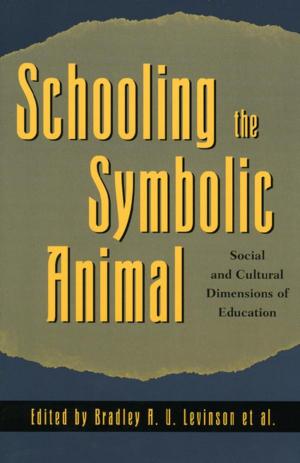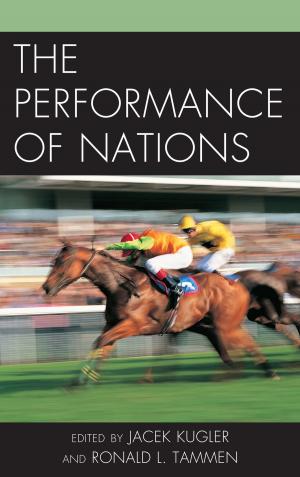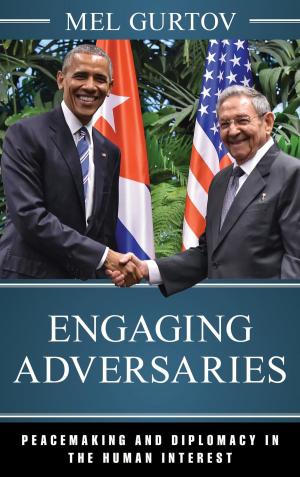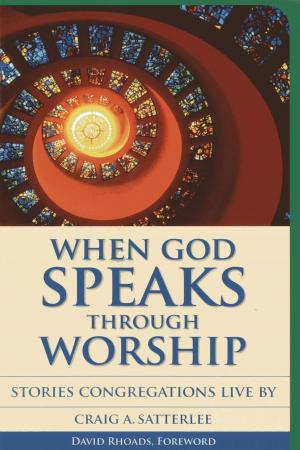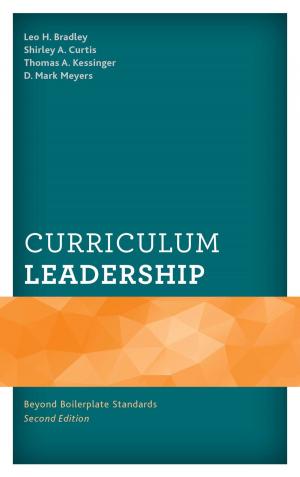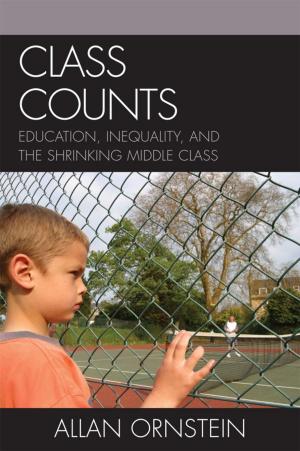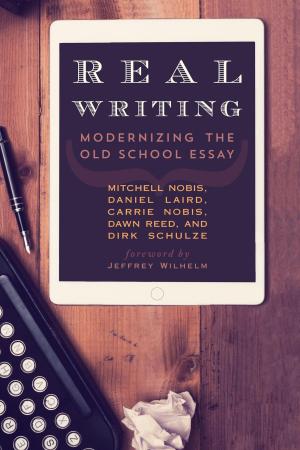Israel and Palestine
Alternative Perspectives on Statehood
Nonfiction, Social & Cultural Studies, Political Science, International, International Relations| Author: | ISBN: | 9781442245082 | |
| Publisher: | Rowman & Littlefield Publishers | Publication: | July 29, 2016 |
| Imprint: | Rowman & Littlefield Publishers | Language: | English |
| Author: | |
| ISBN: | 9781442245082 |
| Publisher: | Rowman & Littlefield Publishers |
| Publication: | July 29, 2016 |
| Imprint: | Rowman & Littlefield Publishers |
| Language: | English |
For decades, Israeli Jews, Palestinians, and Israeli Arabs have been engaged in a debate about past history, present options, and future possibilities. Basic questions of citizenship, religion, political tactics, democracy, the rule of law, and a host of other matters are abandoned, revived and modified in an intellectual exchange between representatives of all three communities that is as old as the political conflicts that have marked the region. The high stakes, intense emotions—and meager results—of the “peace process” lend particular importance and salience to these discussions.
The sophistication of these debates will come as a surprise to many observers who might have concluded that there is no escape from the present impasse and little possibility for a just settlement of the grievous divisions in the region. Given the pivotal role of the United States in the Middle East, it would be particularly helpful if Americans’ understanding of the issues went beyond the superficiality that often passes for political discussion and media coverage. Whatever the outcome of the discussions currently under way, the central commitment of the Oslo Accords to the two-state solution has long been the foundation of American diplomacy and is the starting-point of Washington’s most recent attempt to revive the moribund peace process.
Important segments of public opinion in the three communities, however, have started to question the possibility—and, more importantly perhaps, the desirability—of a two-state solution. Their doubts have set in motion a lively and important debate, and this book is designed to introduce American readers to the terms of that discussion. It features essays by well-known Israeli academics, both Jewish and Palestinian, as well as contributions from non-Israeli citizen Palestinian, and American scholars. It is the first to bring together a wide range of views and perspectives by influential scholars from various disciplines as well as from activists to bear on a very topical subject with international ramifications.
For decades, Israeli Jews, Palestinians, and Israeli Arabs have been engaged in a debate about past history, present options, and future possibilities. Basic questions of citizenship, religion, political tactics, democracy, the rule of law, and a host of other matters are abandoned, revived and modified in an intellectual exchange between representatives of all three communities that is as old as the political conflicts that have marked the region. The high stakes, intense emotions—and meager results—of the “peace process” lend particular importance and salience to these discussions.
The sophistication of these debates will come as a surprise to many observers who might have concluded that there is no escape from the present impasse and little possibility for a just settlement of the grievous divisions in the region. Given the pivotal role of the United States in the Middle East, it would be particularly helpful if Americans’ understanding of the issues went beyond the superficiality that often passes for political discussion and media coverage. Whatever the outcome of the discussions currently under way, the central commitment of the Oslo Accords to the two-state solution has long been the foundation of American diplomacy and is the starting-point of Washington’s most recent attempt to revive the moribund peace process.
Important segments of public opinion in the three communities, however, have started to question the possibility—and, more importantly perhaps, the desirability—of a two-state solution. Their doubts have set in motion a lively and important debate, and this book is designed to introduce American readers to the terms of that discussion. It features essays by well-known Israeli academics, both Jewish and Palestinian, as well as contributions from non-Israeli citizen Palestinian, and American scholars. It is the first to bring together a wide range of views and perspectives by influential scholars from various disciplines as well as from activists to bear on a very topical subject with international ramifications.
